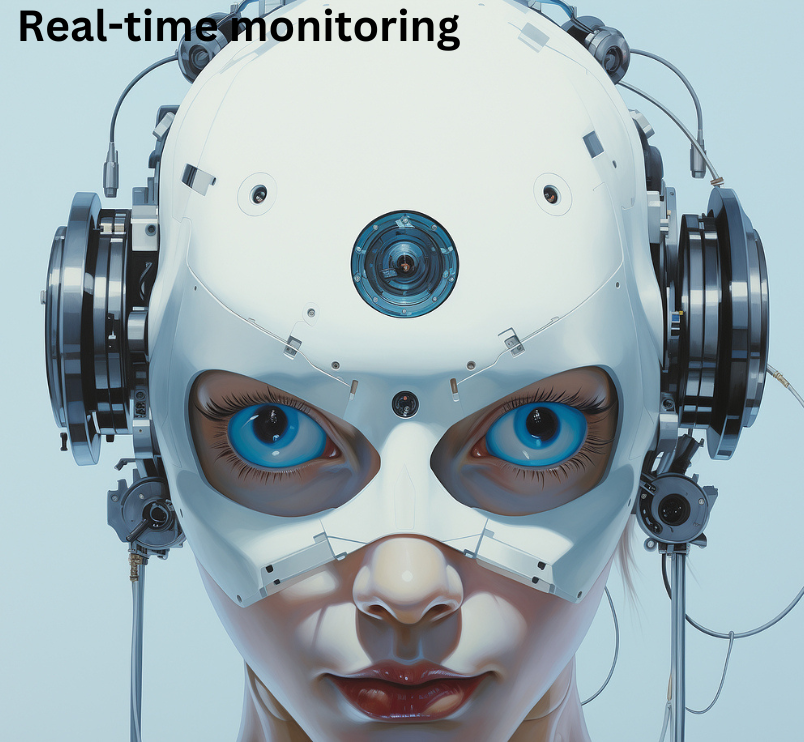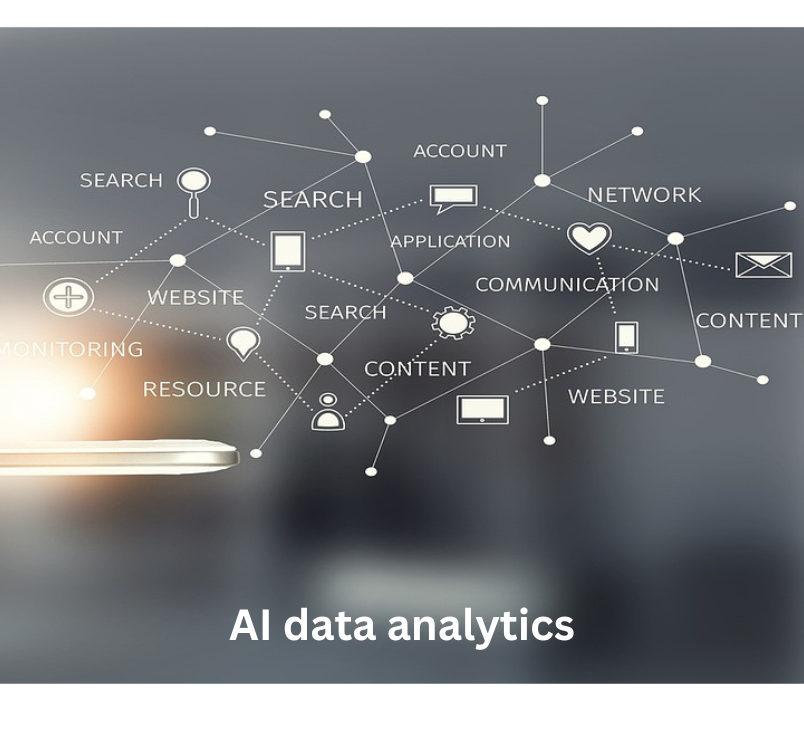Adrian Resag
Academic DirectorAdrian Resag, Academic Director at OCEG, specializes in GRC, AI governance, and ISO standards. With a background in leading international teams, he has been teaching, authoring certifications, and advancing professional skills in audit, compliance, and ethics since 2005.
Key Learnings

Real-time monitoring allows continuous tracking and verification of data, such as monitoring stock prices at frequent intervals. This process supports faster decision-making, identifies anomalies promptly, and ensures operational efficiency in dynamic environments such as finance and compliance. It highlights the role of automation in reducing manual effort while maintaining accuracy and timeliness in monitoring tasks. Advanced analytics-based organizations have a better competence in responding to the dynamics of the market. It enables the company's strategy to shift proactively due to trends and predictions, ensuring the firm is ahead of every changing environment. This includes emerging industry trends, changing consumers' preferences, or even some disturbing changes.

AI data analytics spans four types i.e. descriptive, diagnostic, predictive, and prescriptive. Each offers unique insights, from summarizing data trends and identifying past issues to forecasting future scenarios and suggesting actionable strategies. Prescriptive analytics is the next level of data-driven decision-making, providing clear and actionable recommendations. Rather than simply predicting future outcomes, prescriptive analytics translate predictions into actionable steps that organizations can take to improve performance and efficiency. It simplifies decision-making and removes guesswork, keeping it focused on strategies with measurable results.
Watch the GSDC Global Generative AI in Risk and Compliance Webinar Now Available!
Missed the live event? No worries! Watch the full webinar on YouTube for expert insights on Generative AI in Risk and Compliance.
Sign up now for access to the recording and exclusive resources.
Register & Watch the Webinar!
.png)
Upcoming Webinars
Frequently Asked Questions
Newsletter Subscription
Take advantage and stay on top of emerging trends & maximize your subscription benefits.





